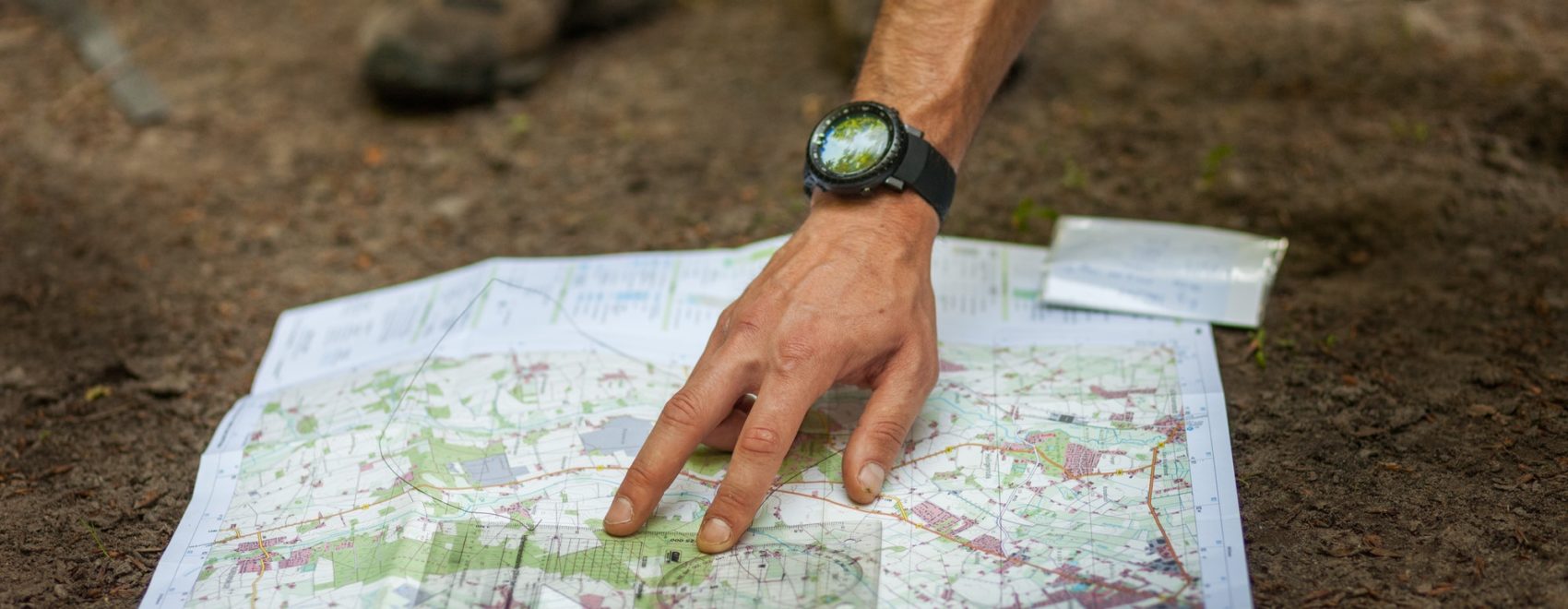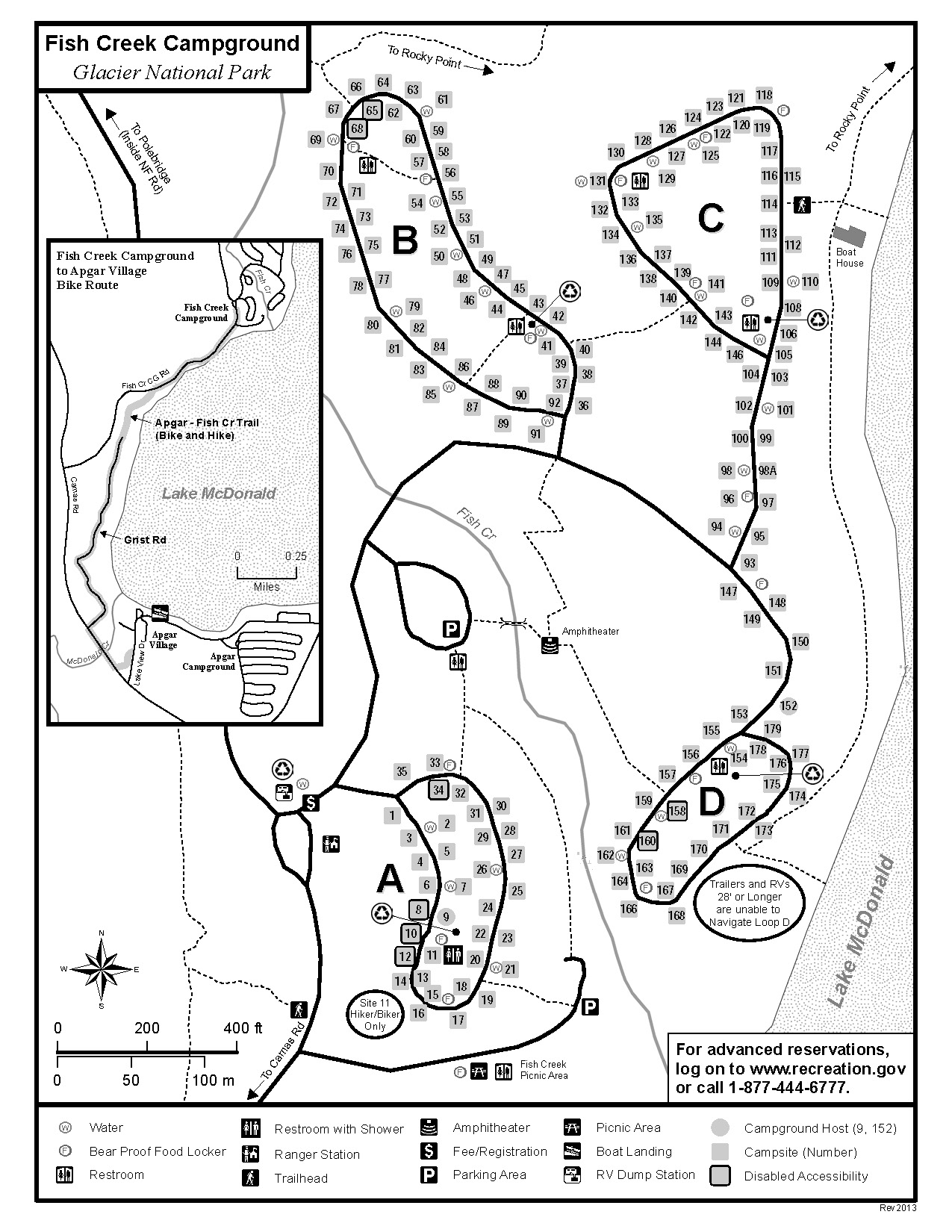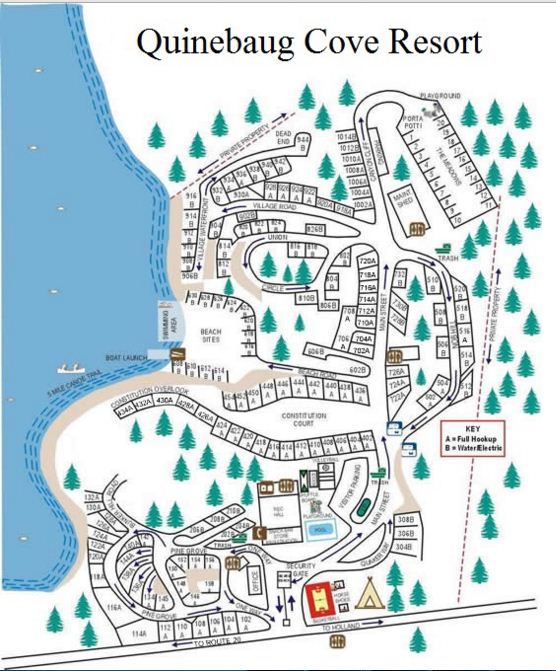Navigating the Wilderness: A Comprehensive Guide to Ice House Campground Maps
Related Articles: Navigating the Wilderness: A Comprehensive Guide to Ice House Campground Maps
Introduction
With enthusiasm, let’s navigate through the intriguing topic related to Navigating the Wilderness: A Comprehensive Guide to Ice House Campground Maps. Let’s weave interesting information and offer fresh perspectives to the readers.
Table of Content
Navigating the Wilderness: A Comprehensive Guide to Ice House Campground Maps
Ice fishing, a beloved winter pastime, offers a unique opportunity to connect with nature and enjoy the thrill of the catch. However, venturing into the frozen wilderness requires careful planning and preparation, especially when it comes to choosing a suitable location for your ice house. This is where the importance of a detailed ice house campground map comes into play.
Understanding the Significance of Ice House Campground Maps
An ice house campground map serves as a crucial tool for anglers seeking to maximize their ice fishing experience. These maps provide vital information that can significantly enhance safety, efficiency, and overall enjoyment during your trip.
Key Features and Benefits of Ice House Campground Maps:
- Location and Boundaries: Maps clearly define the designated areas for ice house placement, ensuring compliance with regulations and minimizing potential conflicts with other anglers.
- Access Points: Maps highlight designated access points, including roads, trails, and parking areas, facilitating convenient and safe entry and exit from the campground.
- Campground Amenities: Features such as restrooms, water sources, fire rings, and other amenities are clearly marked on the map, allowing anglers to plan their stay accordingly.
- Safety Information: Maps often include vital safety information such as ice thickness warnings, designated swimming areas, and emergency contact details, promoting responsible and safe ice fishing practices.
- Fishing Hotspots: Some maps may even feature information about known fishing hotspots, providing valuable insights for anglers seeking productive fishing locations.
- Environmental Awareness: Maps often highlight sensitive ecological areas, encouraging anglers to respect the natural environment and minimize their impact.
Types of Ice House Campground Maps:
- Printed Maps: These traditional maps are often available at local bait shops, sporting goods stores, or visitor centers. They provide a visual representation of the campground layout but may lack detailed information.
- Digital Maps: Online platforms and mobile apps offer interactive digital maps that provide real-time information, including ice thickness updates, weather forecasts, and user reviews. These maps offer greater flexibility and convenience for accessing information on the go.
- GPS-Enabled Maps: Some maps can be integrated with GPS devices, allowing anglers to accurately locate themselves within the campground and navigate to specific points of interest.
Utilizing Ice House Campground Maps Effectively:
- Prior to Your Trip: Thoroughly review the map before embarking on your ice fishing adventure. Identify designated areas, access points, amenities, and safety information.
- Plan Your Route: Use the map to plan your route to the campground, ensuring you have a clear understanding of access points and parking locations.
- Locate Your Ice House: Use the map to identify suitable locations for your ice house, considering factors such as proximity to amenities, fishing hotspots, and ice thickness.
- Stay Informed: Pay attention to any updates or changes to the map, particularly regarding ice conditions and safety warnings.
FAQs Regarding Ice House Campground Maps:
Q: Where can I find an ice house campground map?
A: Ice house campground maps are often available at local bait shops, sporting goods stores, visitor centers, and online platforms dedicated to ice fishing.
Q: Are there any specific regulations regarding ice house placement?
A: Regulations regarding ice house placement vary depending on the location. It is crucial to consult the map and local regulations for specific guidelines.
Q: What should I do if I encounter an unexpected situation while ice fishing?
A: Refer to the map for emergency contact information and follow the provided instructions. Always prioritize safety and seek assistance if necessary.
Q: Are there any tips for choosing the right ice house location?
A: Consider factors such as proximity to amenities, fishing hotspots, ice thickness, and wind protection when selecting an ice house location.
Q: How do I ensure my ice house is properly secured?
A: Follow recommended guidelines for securing your ice house, such as using anchors and ropes to prevent it from drifting.
Tips for Using Ice House Campground Maps:
- Bring a copy of the map with you.
- Mark your ice house location on the map.
- Share the map with your fishing companions.
- Familiarize yourself with emergency procedures.
- Respect the environment and leave no trace.
Conclusion:
Ice house campground maps are essential tools for ensuring a safe, enjoyable, and successful ice fishing experience. By carefully reviewing and utilizing these maps, anglers can navigate the frozen wilderness with confidence, maximizing their time on the ice and minimizing potential risks. Remember to prioritize safety, respect the environment, and follow all regulations to ensure a positive and memorable ice fishing adventure.








Closure
Thus, we hope this article has provided valuable insights into Navigating the Wilderness: A Comprehensive Guide to Ice House Campground Maps. We hope you find this article informative and beneficial. See you in our next article!
